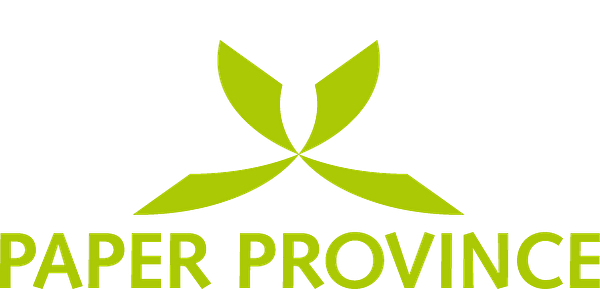Pressmeddelande -
New Bio-economic Cellulose-based Textile to compete with Cotton
According to the EU strategy for sustainable bio-economy, every Euro invested in research and innovation within bio-economy will generate ten times the amount in bio-economic sectors until 2025. It is one of the reasons why pulp and paper industry cluster, The Paper Province, is now investing heavily to become an international role model in forest bio-economy, where forestry will supply raw material for most of the materials, products, chemicals and energy produced. The result will be a sustainable cycle based entirely on renewable raw materials. It was therefore especially interesting when Åsa Östlund from SP Technical Research Institute visited Karlstad University and spoke about cellulosic textiles.
“In our region, we have the largest concentration of expertise in the world surrounding the forestry value chain. This gives us a unique opportunity to build successful bio-economy surrounding forestry raw materials. What is needed now is bio innovation and ideas, and "CelluNova" is a prime example” says Mary Hollander, CEO of The Paper Province .
CelluNova is a textile fibre made from cellulose from wood that can be produced in conventional mills. It has been developed by SP Technical Research Institute in association with Southern, Innventia and Swerea IVF among others. Åsa Östlund is a researcher and project manager at SP and is one of the people behind the new textile fibre. She wants to instil courage in the forestry products industry to be a bit more daring and to be more innovative in their operations.
“My hope is that they must not only think of wood, paper and building products as possible sources of income, but also to broaden their customer base and take into account customer benefits in the early stages of product development “ says Åsa Östlund.
Cleaner than cotton
Åsa sees CelluNova as a worthy competitor to cotton, which is very timely given that the global demand for textiles is increasing with the growing population. In Sweden we consume about 72 000 tonnes of clothing per annum, and most clothes end up in the bin when we get tired of them. “Cotton is produced in contaminated and water-intensive conditions that have considerable effects on the environment, often in countries with a shortage of water. CelluNova is a much more environmentally friendly option and also allows the recovery of chemicals in a more effective way” says Åsa.
More environmentally friendly than Viscose
According to Åsa, CelluNova fibre can be compared with the best quality viscose, and can be processed to achieve different properties. While the production of viscose requires hazardous carbon disulphide, the production of CelluNova is more environmentally friendly.
Commercial launch in 2017
The current plan is to build a demonstration plant next autumn in order to test the manufacturing process on a smaller scale. If all the tests are successful CelluNova will be launched commercially in 2017, probably through manufacturing licenses. In principle, it will be relatively easy for a dissolving pulp mill to integrate textile fibre production into its process.
Bio-economy in practice
Mary Hollander wants to see more of these products in the future. “We must work together to develop new technologies and processes for bio-economy so we can reduce our dependency on fossil fuels. It is good for the economy and for the environment.”
Facts about CelluNova
CelluNova is a new cellulose-based textile fibre that is very similar to other cellulose -based textile fibres, such as viscose. The benefits of CelluNova are that it is more environmentally friendly and that the manufacturing process can be integrated in existing pulp mills making dissolving pulp. One tonne of wood can produce about 400 kg of fabric. When the new textile fibre is released on license in 2017 it can become common in a pulp mill's product range.
Ämnen
- Kemikalieindustri
Kategorier
- bio-economy
- viscose
- cellunova
- the paper province
- Maria Hollander
Regioner
- Skåne
The Paper Province is a world-class cluster owned and managed by over 100 member companies in Värmland and the surrounding region. Companies ranging from global giants to local suppliers represent the entire value chain and associated services, with activities in more than 100 countries.
Through collaboration between industry, academia and public stakeholders, member companies develop and improve their own and the region's competitiveness. Independent surveys show that The Paper Province's activities lead to new products and services, increased sales and more jobs.
